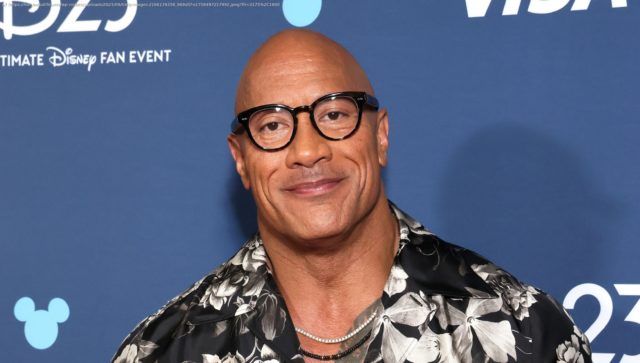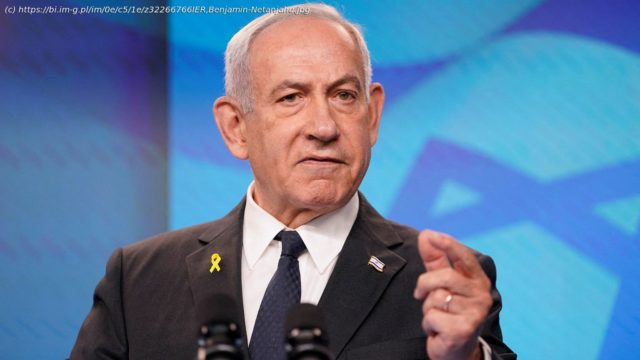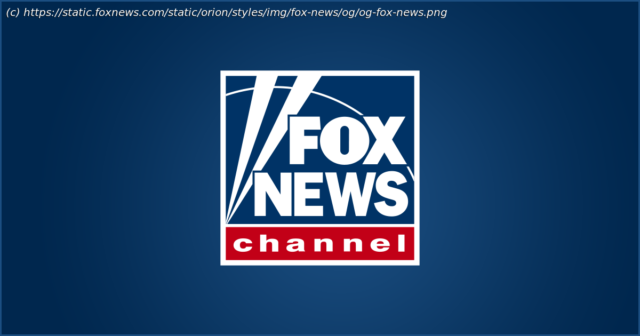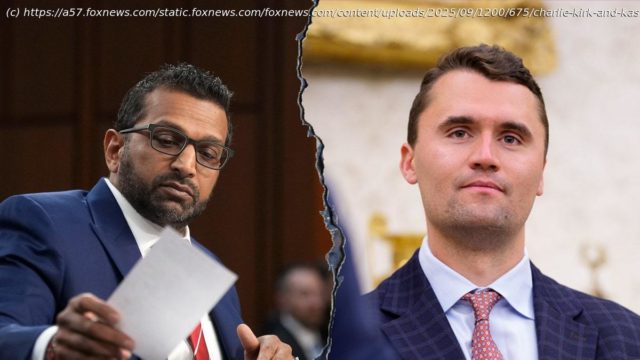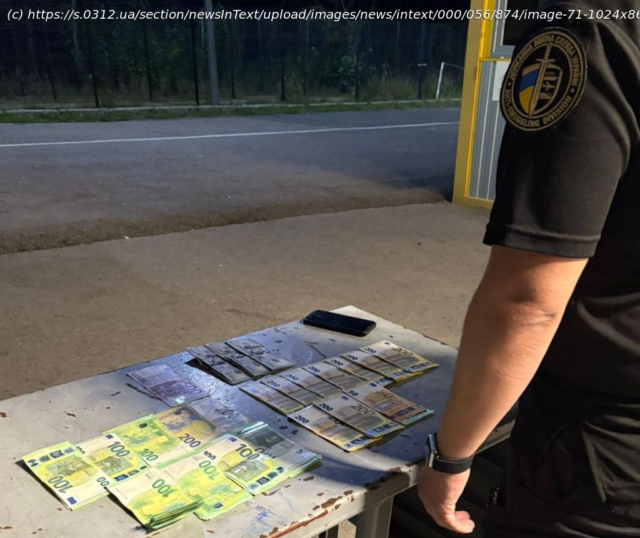Wielka Brytania, Kanada i Australia uznały Palestynę jako państwo. To wywołało ostrą reakcję premiera Izraela Benjamina Netanjahu. Jego zdaniem to między innymi ‚zagraża istnieniu‘ jego kraju. Co dokładnie powiedział polityk?
Jest komentarz Benjamina Netanjahu
Benjamin Netanjahu powiedział podczas cotygodniowego posiedzenia rządu, że utworzenie niepodległego państwa palestyńskiego zagraża interesom Izraela i stanowi „absurdalną nagrodę za terror“ Hamasu. Szef izraelskiego rządu zapowiedział, że w najbliższych dniach Izrael zareaguje na uznanie Palestyny przez kolejne państwa. – Będziemy też musieli walczyć w ONZ i na wszystkich innych arenach przeciwko fałszywej propagandzie wymierzonej w nas oraz przeciwko wezwaniom do ustanowienia państwa palestyńskiego, co zagrażałoby naszemu istnieniu i stanowiłoby absurdalną nagrodę za terroryzm – oświadczył Netanjahu, cytowany przez „The Times of Israel“. – W nadchodzących dniach społeczność międzynarodowa usłyszy od nas stanowisko w tej sprawie – zapowiedział.
REKLAMA
Kolejne kraje z grupy G20 uznały Palestynę jako państwo
W niedzielę media obiegła informacja, że Wielka Brytania, Kanada i Australia uznały Palestynę jako państwo. To kolejne kraje z grupy G20, które podjęły taką decyzję. „Kanada uznaje państwo Palestyńskie i oferuje wsparcie w ustanawianiu pokojowej przyszłości Palestyny i Izraela“ – przekazał w oświadczeniu premier Mark Carney. Z kolei premier Australii Anthony Albanese wraz z ministerką spraw zagranicznych Penny Wong ogłosili, że Australia również będzie wspierać ustanowienie państwa Palestyńskiego. „Trzeba zacząć od zawieszenia broni w Gazie oraz uwolnienia przetrzymywanych tam zakładników“ – powiedział premier w oświadczeniu. „Hamas nie może odgrywać żadnej roli w Palestynie“ – dodał. Także brytyjski szef rządu Keir Starmer podkreślił, że to sposób na uratowanie nadziei na pokój. „Działania Hamasu, rząd izraelski eskalujący konflikt, przyśpieszająca budowa osiedli na Zachodnim Brzegu – to sprawia, że nadzieja na rozwiązanie dwupaństwowe znika. Ale nie możemy pozwolić, by to światło zgasło“ – stwierdził w nagraniu opublikowanym w mediach społecznościowych. Jednocześnie zaznaczył, że jedyna przyszłość to dwa państwa, zakładników izraelskich trzeba uwolnić, a dla Hamasu nie ma w regionie przyszłości.
Zobacz wideo Netanjahu już w 1986 roku chciał wykorzenić przemoc przemocą
Więcej informacji na ten temat przeczytasz w artykule: „Palestyna oficjalnie uznana za państwo przez Australię, Kanadę i Wielką Brytanię“.
Źródła: The Times of Israel, IAR
Nadchodzi eskalacja wojny w Ukrainie? Ujawnili nowy plan Rosji. Media: Putin chce zdążyć przed zimą
Benjamin Netanjahu powiedział podczas cotygodniowego posiedzenia rządu, że utworzenie niepodległego państwa palestyńskiego i stanowi „absurdalną nagrodę za terror“ Hamasu. Szef izraelskiego rządu zapowiedział, że w najbliższych dniach Izrael zareaguje na uznanie Palestyny przez kolejne państwa. – Będziemy też musieli walczyć w ONZ i na wszystkich innych arenach przeciwko fałszywej propagandzie wymierzonej w nas oraz przeciwko wezwaniom do ustanowienia państwa palestyńskiego, co zagrażałoby naszemu istnieniu i stanowiłoby absurdalną – oświadczył Netanjahu, cytowany przez „The Times of Israel“. – W społeczność międzynarodowa usłyszy od nas stanowisko w tej sprawie – zapowiedział.W niedzielę media obiegła informacja, że . To kolejne kraje z grupy G20, które podjęły taką decyzję. „Kanada uznaje państwo Palestyńskie i oferuje wsparcie w ustanawianiu pokojowej przyszłości Palestyny i Izraela“ – przekazał w oświadczeniu premier Mark Carney. Z kolei premier Australii Anthony Albanese wraz z ministerką spraw zagranicznych Penny Wong ogłosili, że Australia również będzie wspierać ustanowienie państwa Palestyńskiego. „Trzeba zacząć od zawieszenia broni w Gazie oraz uwolnienia przetrzymywanych tam zakładników“ – powiedział premier w oświadczeniu. “ w Palestynie“ – dodał. Także brytyjski szef rządu Keir Starmer podkreślił, że to sposób na uratowanie nadziei na pokój. „Działania Hamasu, rząd izraelski eskalujący konflikt, przyśpieszająca budowa osiedli na Zachodnim Brzegu – to sprawia, że nadzieja na rozwiązanie dwupaństwowe znika. Ale “ – stwierdził w nagraniu opublikowanym w mediach społecznościowych. Jednocześnie zaznaczył, że, zakładników izraelskich trzeba uwolnić, a dla Hamasu nie ma w regionie przyszłości. na ten temat przeczytasz w artykule: .
The Times of Israel, IAR

